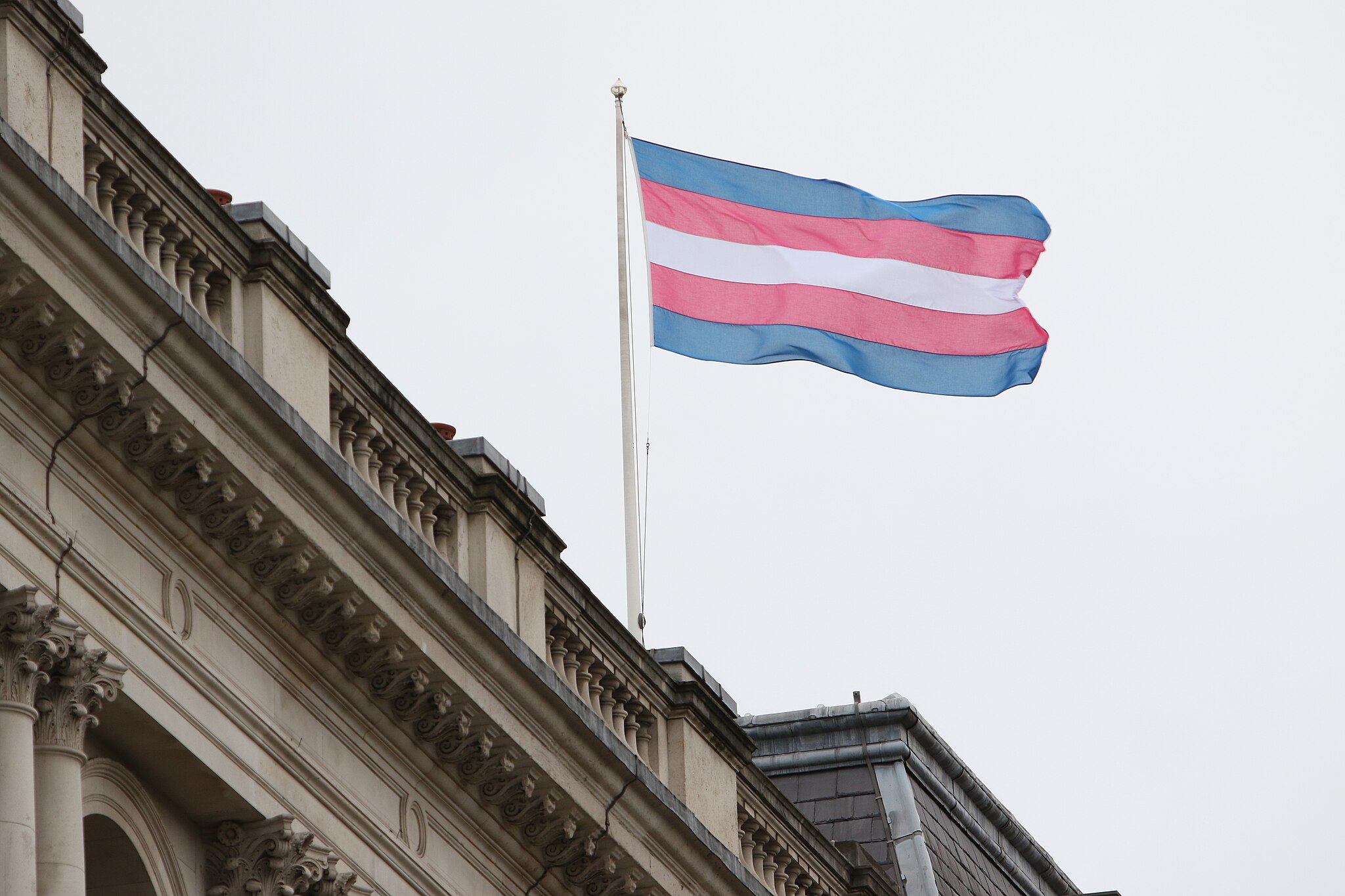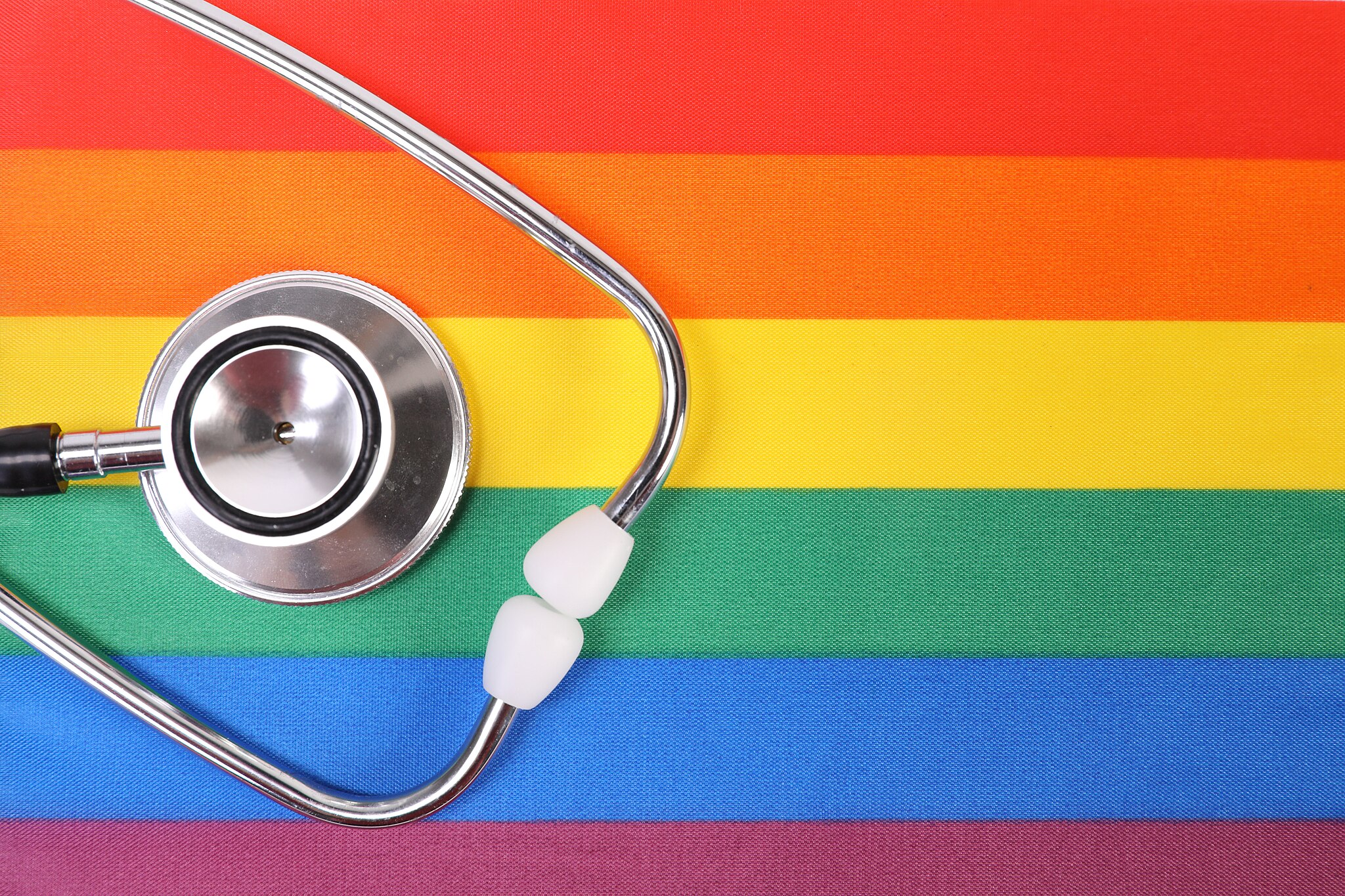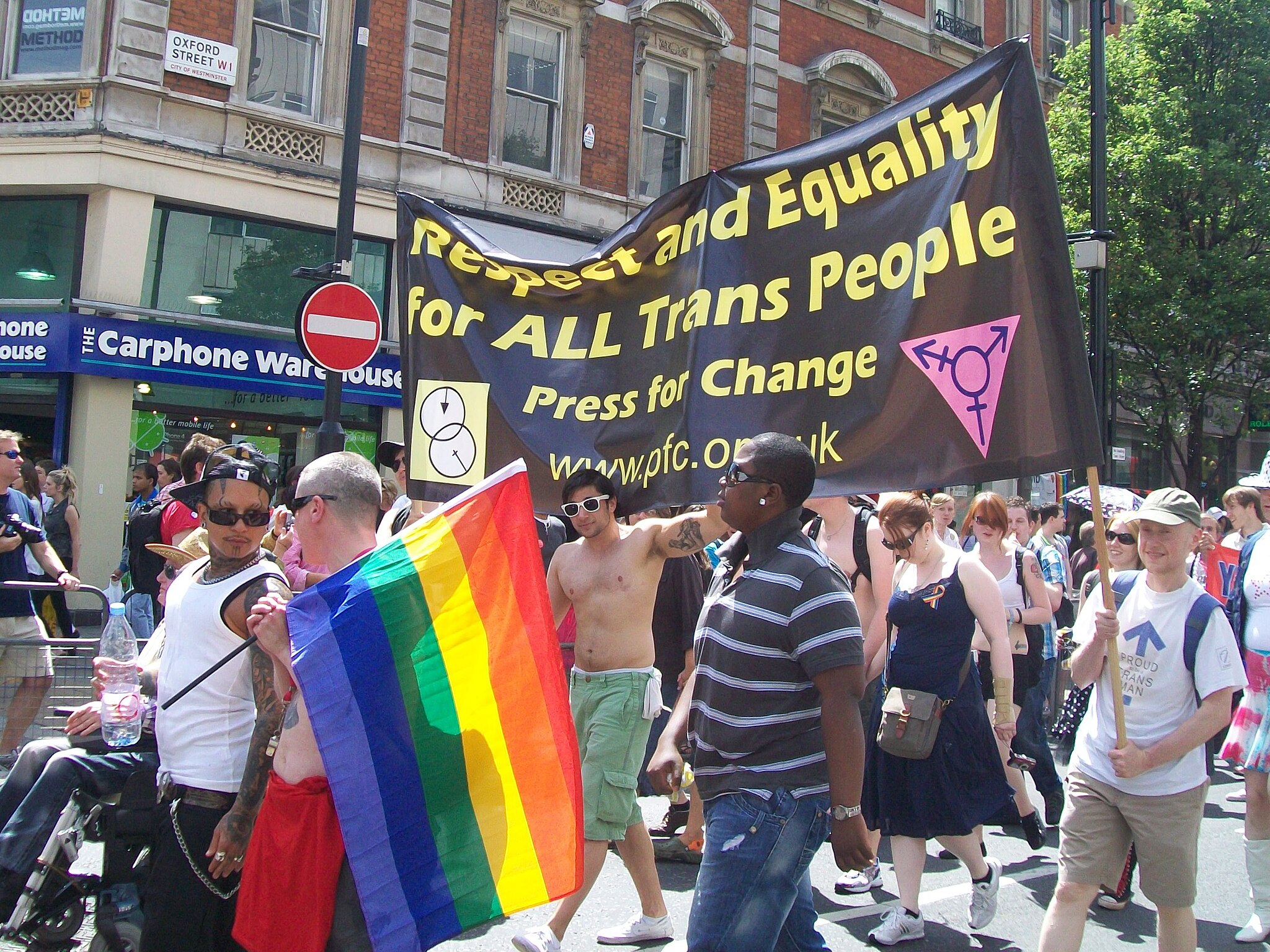By Frederick Ewing


As a trans person in the state of Tennessee, I cannot change my gender marker on my state-issued identification documents, which makes my ID a source of discomfort and dysphoria. As of 2023, Tennessee senate bill 1440 defines sex as “anatomy and genetics existing at the time of birth” and requires that sex stated on government issued identification matches that of a person’s birth certificate. Additionally, in President Donald Trump’s inauguration speech, gender was strictly defined as binary: male and female. However, for myself and people within my community, sex and gender are much more complex. Sex is not defined by our birth anatomy, and gender is not defined by the gender marker on our birth certificates. Although I am recognizably trans, for many people who pass as cisgender, their IDs out them as trans to anyone who sees them, outing my friends and companions as trans to cops, workplaces, and healthcare providers before they can be known for who, rather than what, they are. In Tennessee, as well as in America at large, it is difficult for transgender people to remain safe and stable when it is necessary to show their state IDs. Tennessee should allow gender markers to be changed in order to protect the safety, health, and identities of transgender Tennesseans.
Transgender individuals face discrimination and harassment in many areas of their lives. Transgender youth face harassment at schools with little protection, which leads to students skipping or dropping out entirely; according to the SIECUS Report on transgender individuals, 90% of transgender youth report feeling “unsafe in school because of their gender expression.” To avoid this, many choose to hide their identities as trans, and try to instead pass as cisgender. When their identification does not match their appearance, it may out them as transgender, which may bring up further harassment and discrimination. When going through TSA at an airport, the question of the legitimacy of the ID may be brought up if the gender marker does not match the person. A survey taken by the UCLA Williams Institute found that 26% of people with incorrect gender markers on their driver’s license were questioned by the TSA; this scenario forces trans people to out themselves to TSA agents, which may cause emotional distress.
Additionally, it may be hard for transgender adults to find work. Many transgender individuals have limited opportunities in education, which makes it more difficult to find work, and having to present a driver’s license or work history that reveals a person to be transgender may deny them a chance at a job. When they do have a job, they may be subject to workplace discrimination. Not only are transgender individuals at risk in schools and workplaces but may be at risk when presenting identification to cops. Correct identification would not negate the risk transgender individuals would face, but it would increase the ease with which they live by increasing job opportunities and decreasing the number of scenarios where they are at risk of harm due to their identity being obvious.
Transgender health is also impacted by incorrect identification. Transgender individuals are already impacted by a lack of access to gender affirming care, due to a lack of doctors being able and willing to give care and insurance policies covering care. On top of these struggles, transgender individuals face disparities in health care beyond gender specific care. MedSurg Nursing reports institutional barriers as presenting a struggle for transgender individuals to be recognized within healthcare systems, especially when their identification does not match their gender. Provider barriers also present struggles for transgender individuals. MedSurg goes on to state that nurses or doctors may have personal beliefs and values, or a lack of knowledge, that prevents them from willingly giving significant care to transgender individuals. There have been instances where individuals have been denied any care at all or have been verbally abused due to them being transgender, which has created a tense relationship between transgender populations and healthcare providers. Despite protections to prevent discrimination in healthcare, doctors may still deny care due to their religious beliefs, which accounts for some troubles trans people face when seeking care.
Everything from discrimination, lack of proper care, and stress can lead to adverse health effects for transgender people, and recognizability as transgender can worsen the healthcare received. Even if someone is not visibly trans, they are likely to be outed by their identification if it is needed in a healthcare setting. A study conducted by Pennsylvania State University found that 33.1% of individuals who were transgender experienced discrimination in healthcare settings. Mental health clinics and emergency rooms had a high amount of reported discrimination, at 14.5% and 16.8% respectively, however hospitals had the most at 28.7%. Discrimination was also greatest among those who reported they were also recognizable as trans, at 40.9% of responses. With the amount of discrimination transgender individuals face, it is difficult for people to seek out and receive healthcare with the fear of being seen or discovered to be trans, hence why proper identification could help trans individuals to more readily seek out healthcare without risking being outed to providers.
Transgender individuals also commonly struggle with many mental health issues. In the Pennsylvania State University study, 50.7% of people had a gender-related mental health diagnosis. Bullying and harassment faced by individuals throughout their lives can be traumatizing and result in weakened mental states. Mental health for many trans people is worsened by the discrimination they face, the resulting fears related to being outed or harmed due to being trans, isolation from family and friends, and severe gender dysphoria which is common among transgender people. According to the Nature and Science of Sleep journal, because of these experiences, trans college students have four times the mental health problems of their cisgender peers; they are twice as likely to be depressed and four times as likely to attempt suicide. Trans students also often experience a negative college environment and insomnia that detracts from their mental health, as well as a lack of institutional and family support to improve health. These factors all contribute to the much higher rate of suicidality and suicide attempts when compared to cisgender people.
I have struggled for years with my own mental health and have met many other trans people in mental health facilities facing the same struggles as I. For years it was difficult to bear the thought of living as a girl when I wasn’t before I was able to begin my transition. SSM Population Health reports that pursuing legal affirmation of gender identity is one way that trans people seek social affirmation of their identity as a way to alleviate social stress regarding transness. Having an accurate ID has tangible benefits such as access to healthcare, housing, education, and work, but it also has psychosocial implications “including increased identity integration and resilience in the face of gender minority stress.” Changing names and gender markers on identification is a way for trans people to cope with their experiences and identity. Proof of the benefits of changing gender markers is the decrease in suicidality in trans people. The same SSM Population Health study found that those who update their IDs had less distress, including suicidal ideation and planning; they also had half the odds of “experiencing emotionally upsetting responses due to gender-based mistreatment” compared to those who did not update their identification. Making gender marker changes more accessible to trans people would not only make them safer but it would help them stay happier and healthier. Changing identification is a way that many trans people choose to transition and helps to stabilize trans people mentally as well as socially in their day to day lives and interactions.


Some, such as Tennessee lawmakers and President Trump, may argue that biological sex is defined only by chromosomes and genitalia that a person is born with, and cannot be changed, therefore legal documents should not be changed. However, many trans people choose to go through gender affirming procedures that correct their bodies to better reflect how they feel about their gender. This changes the way a person’s sex appears to others. Although gender-affirming surgeries and care cannot change a person’s genetic makeup, the viewpoint that sex is based on chromosomes fails to take into account the wide range of manifestations of sex that exists in humans. Humans are only minimally sexually dimorphic when compared with other animals. There are chromosomal combinations beyond the typical XY and XX as well as conditions that may cause someone who is genetically a man to appear as a woman and vice versa. There is lots of variation to the human body and mind, from various intersex conditions to a great number of gender identities.
Additionally, there is precedent for birth certificates to be changed, evident by the fact that when a child is adopted within the state of Tennessee, their birth certificate is updated to have the adoptive parents’ names rather than the birth parents’ names. For many, being trans is natural, and transitioning is a stage of puberty that they go through like any other. So, while genetic makeup cannot be changed, a person and their gender should not be defined by a letter chosen by a doctor at their time of birth. Identity is not set in stone at birth but rather built over the course of a lifetime through culture, social interaction, and the firing of neurons, which all extend past the genitalia of babies.
With lawmakers ignoring the science behind sex and gender and instead allowing personal biases to dictate policy, trans people are forced to suffer the consequences. Outspoken denial of trans identity and hatred towards trans people puts our community at risk. Statements like President Trump’s inaugural remarks on gender allow for American citizens to become more outright with their transphobia. His remarks will also make it more difficult for any state to pass a law allowing trans people to change their gender markers, further enforcing the suffering of the trans community. Especially in states like Tennessee, where legislation is already in place to prevent trans people from changing their gender markers on birth certificates or drivers licenses, chances of positive change are decreased from where they were during the Biden administration. If federal law were to prevent the change of gender markers in any state on drivers licenses and passports, it could put millions of trans people at risk. Trans safety, especially in environments like college campuses, is constantly overlooked by legislation.
The trend for states to propose laws that infringe on the rights of transgender individuals needs to stop. The current political climate puts trans adults and youth at risk of physical and mental harm and threats. One simple change, access to gender marker changes in the state of Tennessee, could help struggling transgender individuals to feel more secure and stable in their environments and identities by reducing risk of being outed, thereby reducing risk of discrimination and health issues. As a trans person myself, I have seen firsthand how the community suffers and struggles through each day of transitioning and maintaining a safe environment to live. It is a struggle that never ends but is helped by each and every person that steps up to create a safe haven for trans people, whether that is as a friend or as a legislator. Protecting trans rights is a necessary step to ensure all our rights and freedom within our country.
Frederick Ewing is the pseudonym for a student who attends Pellissippi State.






